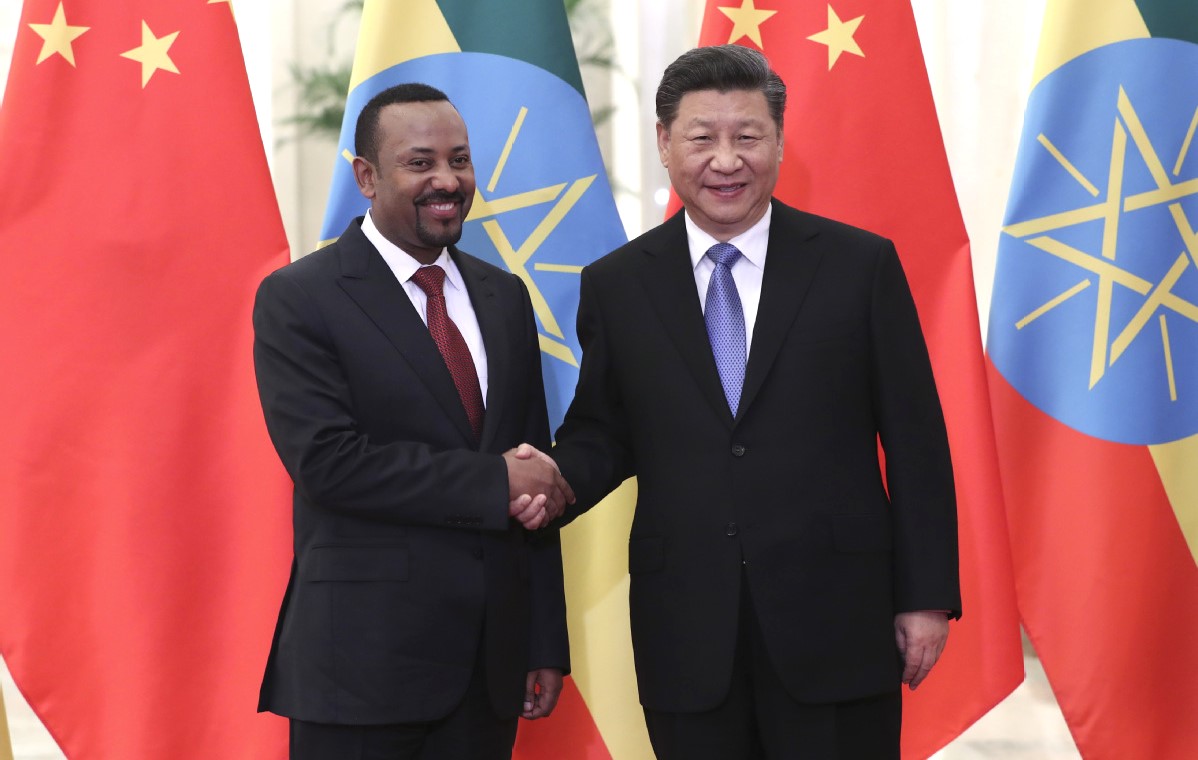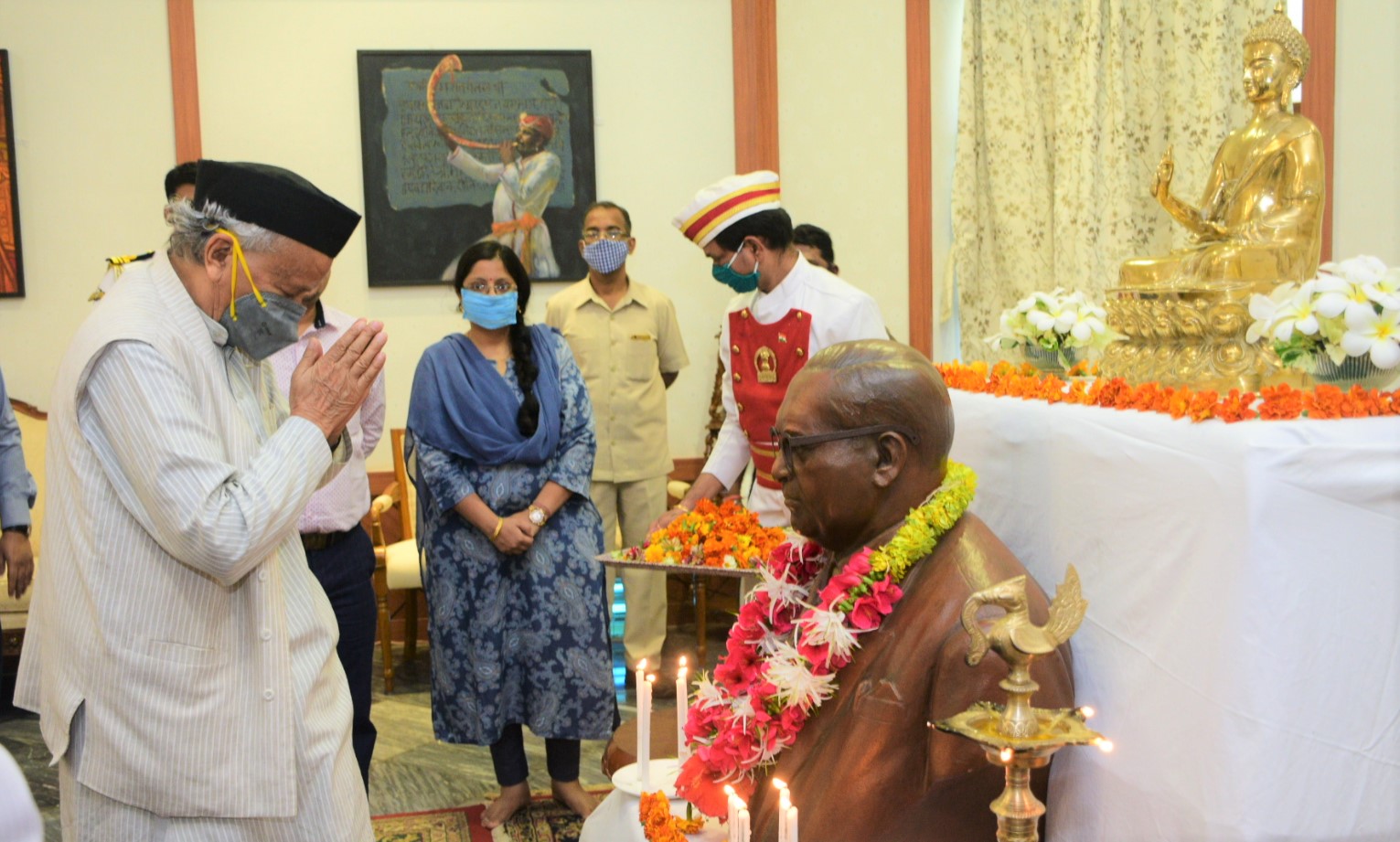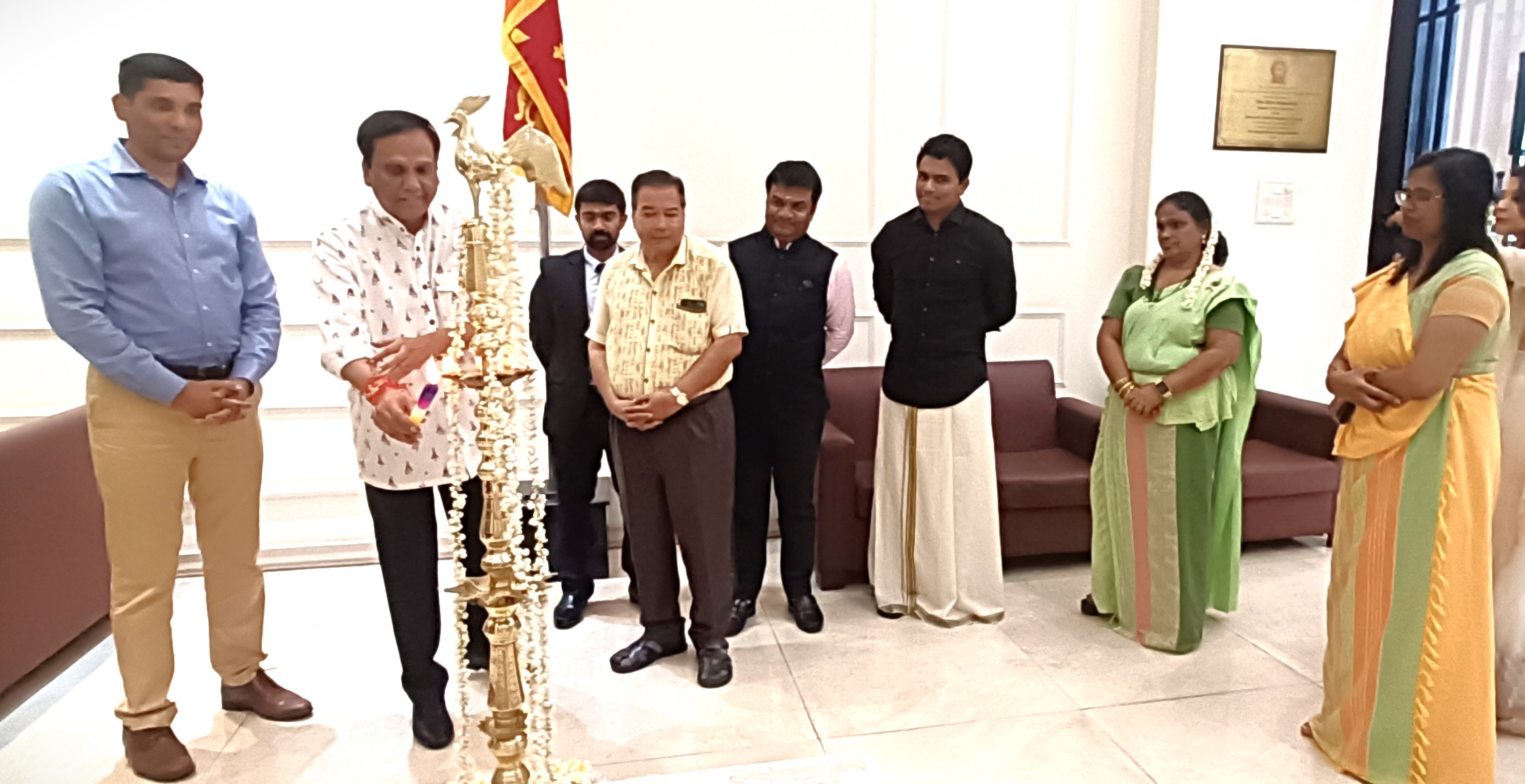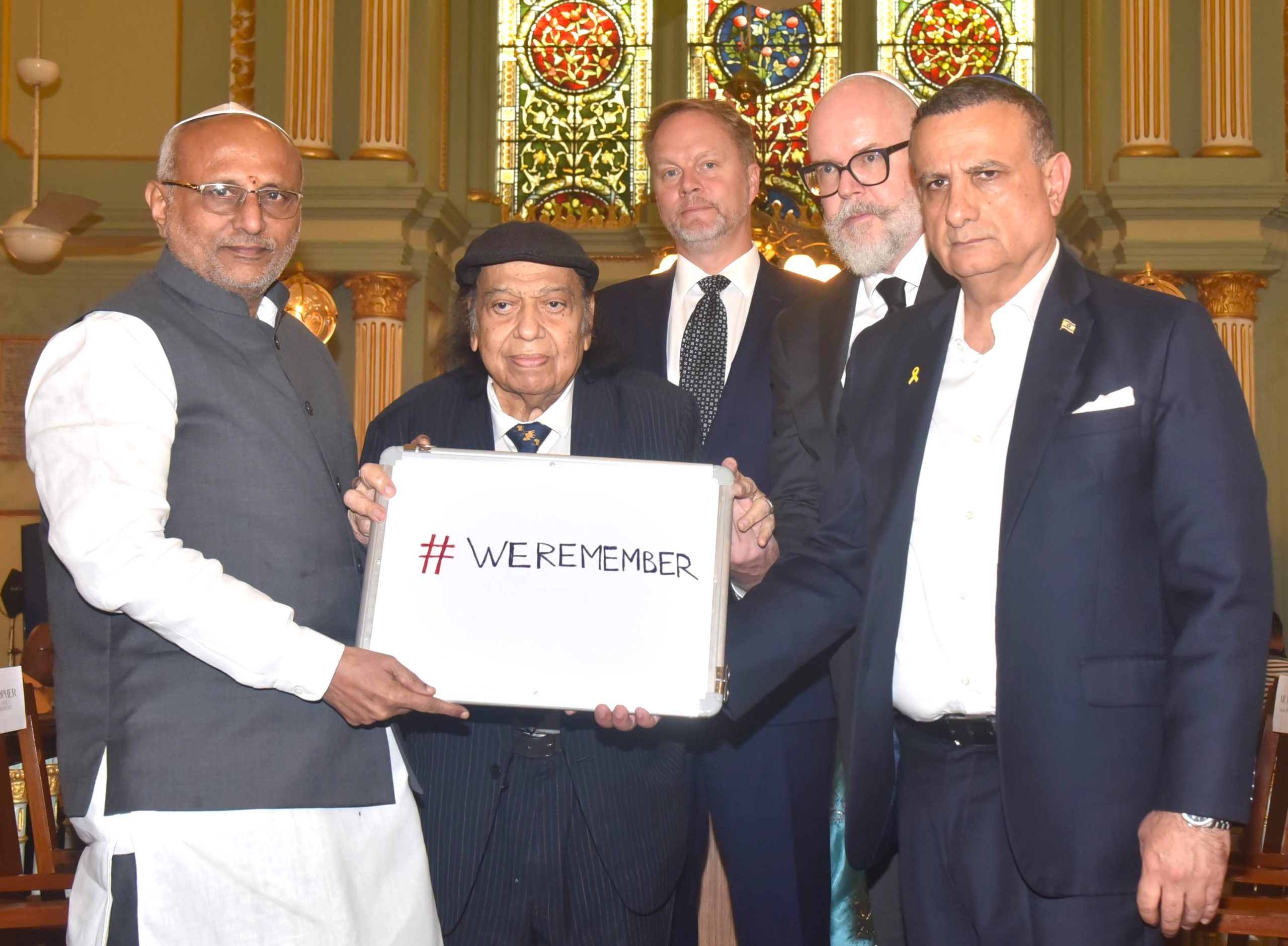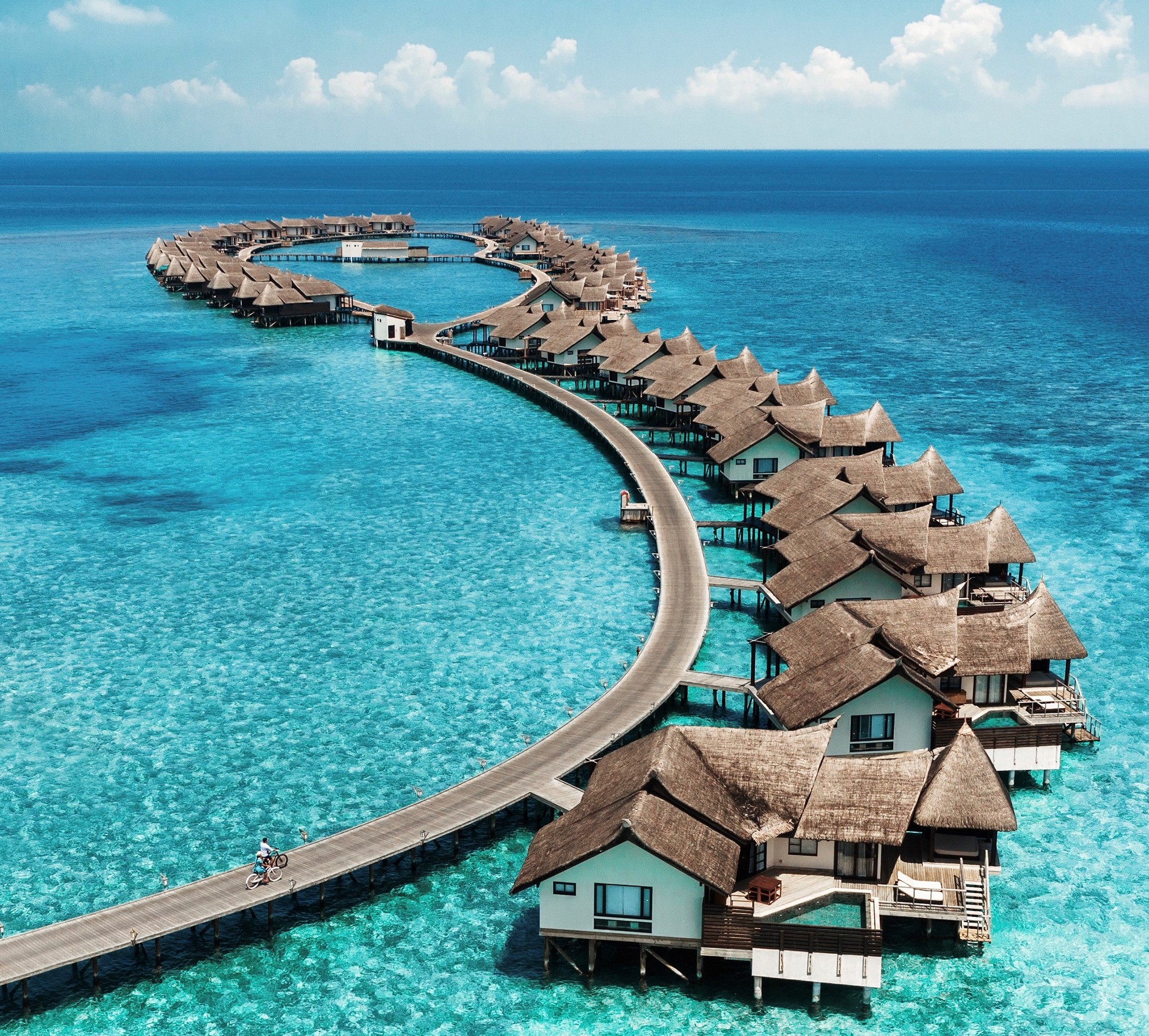By Mewati Sitaram
The BRI has accelerated the economic development of African countries and promoted regional integration on the continent. During the past ten years, the cumulative volume of China-Africa trade has exceeded US$2 trillion. In the first half of this year, China added USD 1.82 billion in FDI to Africa, up by 4.4% year-on-year. More than 3,000 Chinese enterprises have invested deeply in Africa, of which over 70% are private companies.
The BRI has also contributed to poverty reduction in Africa. A report from the World Bank says that the initiative has contributed to lifting 7.6 million people out of extreme poverty and 32 million from moderate poverty globally. Through Belt and Road cooperation, Chinese companies have participated in the construction of over 6,000 kilometers of railways, 6,000-plus kilometers of roads, 20 ports, and more than 80 large-scale power facilities in Africa. Some of the key projects include:
- Algeria: The Cherchell Ring Expressway & Port: Linking the Mediterranean with The African Interior
- Ethiopia: The Addis-Ababa to Djibouti Railway
- Djibouti: Port of Doraleh – Ethiopia’s Gateway To World Trade
- The East Africa Rail Corridors
- Kenya: The Mombasa-Nairobi Railway – Connecting Capitals to Ports
- Mozambique: The Maputo-Katembe Bridge – Africa’s Longest Suspension Bridge
- Nigeria: The Lagos-Kano Railway
- Uganda: The Entebbe-Kampala Expressway
- Egypt: New Administrative Capital
These strategic infrastructure projects will greatly facilitate the movement of goods and people in relevant areas, reduce the cost of energy consumption and telecommunication, and improve the investment climate of the continent. For many years, African countries failed to make progress due to poor infrastructure and a lack of willingness from traditional partners to help finance the construction of important infrastructure. However, since China emerged as an economically great power, it has been actively participating in financing the construction of strategic infrastructures, which has contributed to the economic growth of African countries.
With its effectiveness, Africa’s traditional development partners with a long history of exploiting Africa find it difficult to compete with the China-proposed BRI because this initiative is based on long-term friendship and win-win cooperation. It is quite evident that the BRI has provided a platform for low and middle-income economies in Africa to register significant growth in terms of infrastructure development, job creation, and increased trade opportunities.
The third Belt and Road Forum (BRF), themed “High-quality Belt and Road Cooperation: Together for Common Development and Prosperity was successfully conducted in Beijing. During the forum, 458 outcomes were achieved, including important cooperation initiatives and institutional arrangements, such as the Beijing Initiative for Deepening Cooperation on Connectivity, the Beijing Initiative for Belt and Road Green Development, and the Beijing Initiative on the Belt and Road International Digital Economy Cooperation.
At the Opening Ceremony of the BRF III, President Xi Jinping announced the eight major steps that would be taken by China to support high-quality Belt and Road cooperation: Building a multidimensional Belt and Road connectivity network, Supporting an open world economy, Carrying out practical cooperation, Promoting green development, Advancing scientific and technological innovation, Supporting people-to-people exchanges, Promoting integrity-based Belt and Road cooperation and Strengthening institutional building for Belt and Road international cooperation.
The forum has set-up specific targets, such as providing 100,000 training opportunities on green development for partner countries by 2030 and increasing the number of joint laboratories to 100. Commercial agreements worth US$97.2 billion were concluded at the CEO Conference, which will help generate jobs and growth in relevant countries. The forum also decided to establish a BRF secretariat to facilitate institution-building and project implementation.
Ethiopian Prime Minister Abiy Ahmed said “Africa is now realising its potential and capacity, with the formerly side-lined continent harnessing its demographic dividend and natural resources and becoming an economic, political and social powerhouse.”

Editor in Chief : Mewati SItaram

